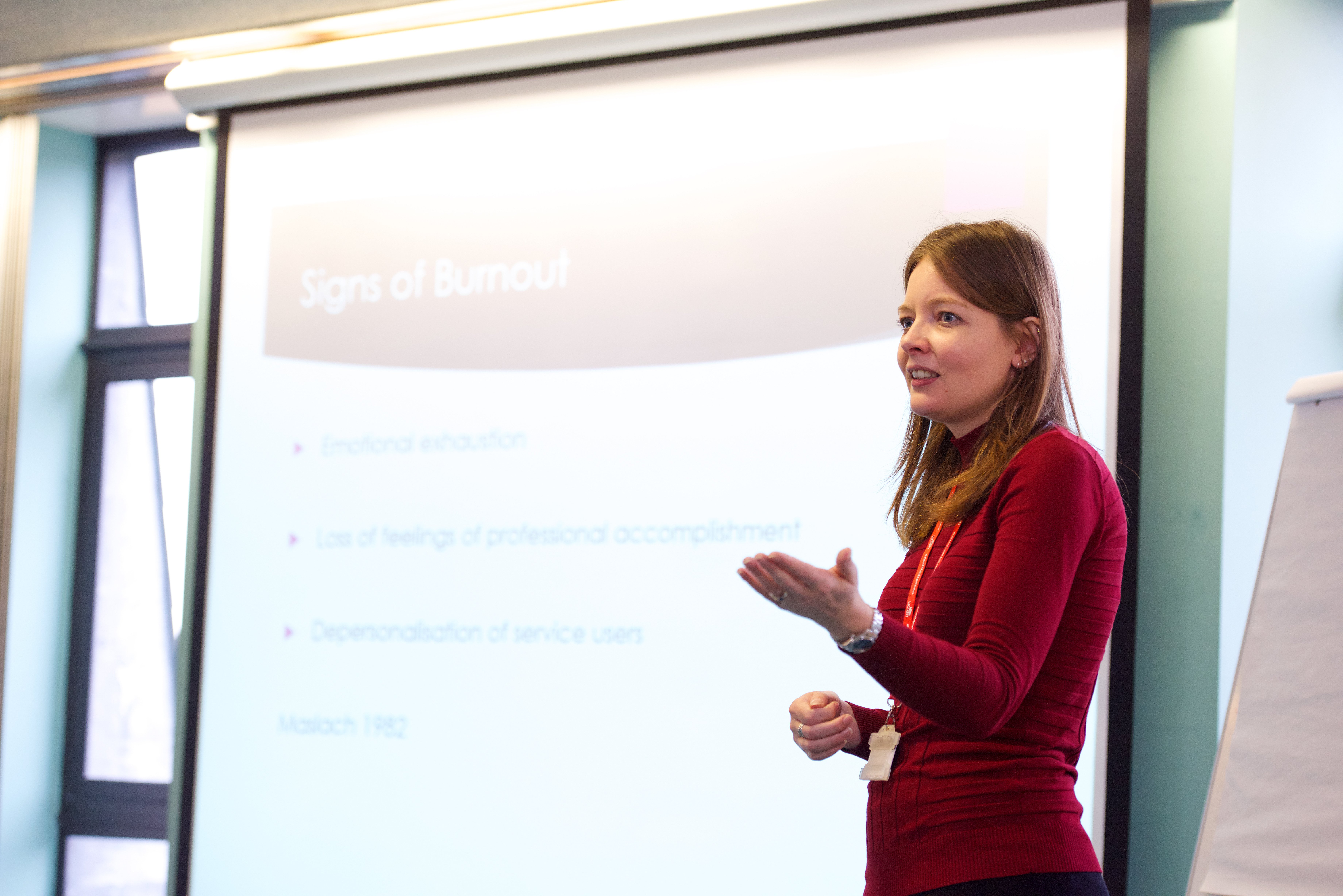
MA Social Policy careers
How can we take real steps towards meeting the global need for healthcare, housing, and education? The study of social policy is one answer that can get us closer to said goal.
For aspiring specialists, the sheer scope of the subject means that it holds relevance across public, private, and third sector organisations. This means that you can find work relating to social research, policy making, and welfare provision in a wide range of areas – both locally and internationally.
From sustainability to crime prevention to childcare, there’s plenty of potential for you to establish a career in a field you feel passionately about.
Of course, your MA in Social Policy will equip you with the tools needed to accomplish this. In addition to developing analytical and research skills, you can also look forward to nurturing lifetime learning abilities to continue evolving alongside your career.
Types of roles
There’s a long list of opportunities that could open to you following the completion of your studies. While it’s impossible to cover all of them, some of the positions you could explore include:
As a social researcher, you’d analyse the attitudes, behaviours, and experiences of population samples to uncover new insights around social issues – employing a range of methods such as interviews and focus groups to investigate them and report your findings.
A charity officer will typically play a key part across multiple aspects of a charity, with a dynamic mix of responsibilities.
You could get involved with public relations, business development, fundraising, volunteer coordination, and of course, policy development.
A professional in this role is usually responsible for the daily operational work that keeps countries running successfully.
This can include – but is not limited to – creating reports to feed into policy decisions, managing databases, and even engaging with the community to address their queries.
A health service manager helps handle the cost, delivery, and quality of a healthcare organisation.
While responsibilities can vary depending on the specific role, you’d carry out your work while thoughtfully factoring in existing policies and the context of your local environment.
Policy officers are viewed as advisory roles, so you’d use your expertise to review, develop, and help implement policies. You could also be in charge of assessing and advising on the impact of policy changes and communicating these to the wider community.
Transferable skills
Along with gaining subject-specific expertise, your postgraduate course will help you foster a range of core transferrable skills that are sought after by employers across all industries and sectors.
-
Independent learning and research
-
Written and verbal communication
-
Presentation skills
-
Collaboration and teamworking
-
Sensitivity to the needs of others
UCLan Career Services
All our students have full use of the UCLan Careers Service and, if you’re ever in the area, you can also book an appointment to visit the Preston Campus Careers Service in person.
Through the UCLan Careers Service, you can access:
-
E-guidance
-
Telephone appointments
-
Online information resources
-
Online interview practice
-
Job vacancy portal
-
Online career courses
-
Online CV builder
-
Blackboard career resources
-
Psychometric testing
-
Alumni connect
-
Careers blog and webinars
-
Campus events and careers fairs
UCLan Propeller
The Propeller Student Enterprise is our way of helping you further the skills and knowledge needed to be enterprising – whether you’re working for yourself or as part of an organisation.
The service is open to both students and alumni. It includes:
-
Workshops
-
Mentor support
-
Online content
-
The University’s incubation space Flightpath, our online freelancing platform
These resources are a great way to further develop your business sense and transferable skills as you plan your next career move.
We also offer students and recent graduates (for up to 3 years) 1:1 guidance from business experts, along with funding through our Propeller Enterprise Award.
Thinking ahead: questions to ask before starting your course
To make the most of your degree, it’s helpful to start your studies with a good idea of at you’d like to gain from them.
While you don’t need to know the answers to all these questions, they may prompt you to think more about your aims for the course, and how you can achieve them.
-
What are your long-term career objectives, and how can this degree help with them?
-
Is there a particular sector or field you’d prefer to work in?
-
Do you plan on moving to a different country or region to take on such roles?
-
How will your studies build upon your strengths and work on your weaknesses?
-
What benefits can your current educational or career experience bring to your learning?
Remember, you can also get in touch with our Course Advisers for more information about the programme and the career opportunities it can provide. You can fill out the form at the bottom of this page, email them via onlinestudy@uclan.ac.uk, or call +44 (0)1772 925 931
Get full details of the MA Social Policy
Find out more about the people you'll meet as an online student
Related resources
See all resources
Key skills to succeed in social policy
Gain insight into the key skills you need to succeed in a social policy career, and discover how an...
Read the story
Social policy and economic policy: What’s the difference?
Discover the differences between the two key policies, as well as real-world examples of the impact...
Read the story
How do different countries address social reform?
Discover how different countries tackle social reform in this insightful blog post. Explore case...
Read the story